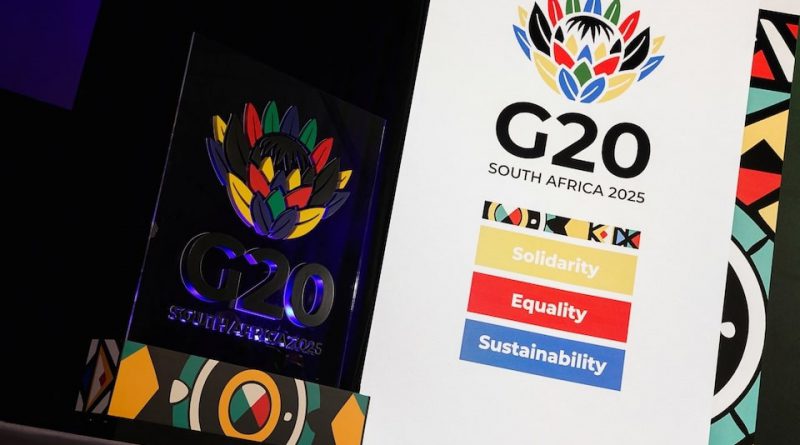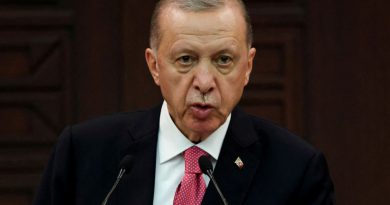G20 Strengthens Commitment to Debt Sustainability, Boosts Support for Developing Countries
Washington – The Group of 20 (G20) major economies, under the leadership of South Africa this year, has reaffirmed its commitment to addressing debt challenges facing low- and middle-income countries, signaling a strong, coordinated approach to global financial stability.
The G20 finance officials issued a comprehensive declaration on debt sustainability during the annual International Monetary Fund (IMF) and World Bank meetings in Washington, highlighting progress, collaboration, and a forward-looking strategy to strengthen economic growth in vulnerable countries.
The declaration noted that while systemic debt risks are broadly contained, many developing nations still face high financing costs and constraints that could limit growth.
In response, the G20 pledged to continue enhancing the Common Framework for Debt Treatments, ensuring that debt restructuring remains predictable, timely, orderly, and coordinated.
This framework aims to support countries in managing their debt responsibly while fostering long-term economic resilience.
A major highlight of the declaration was the focus on increasing transparency and enhancing the voice of borrowing countries in debt discussions. This move underscores the G20’s inclusive approach, providing countries with greater influence in decisions that affect their economic futures.
South Africa, during its presidency, emphasized this priority, advocating for fairer processes and stronger collaboration among creditors and borrowing nations.
The declaration also encouraged countries to pursue sustainable economic growth as a key tool to manage debt, promoting strategies that combine fiscal discipline with growth-enhancing policies.
This approach aligns with the broader G20 commitment to creating sustainable development outcomes while supporting nations in achieving long-term fiscal health.
Experts attending the meetings highlighted that stronger debt management and policy coordination can unlock new investment opportunities, reduce reliance on emergency financing, and enhance confidence in developing markets.
The G20 reaffirmed its intention to build on progress made in debt restructuring cases, noting that recent initiatives under the Common Framework have resulted in faster resolutions and improved cooperation between creditors and borrowers
Officials emphasized that lessons learned from early cases, such as Chad, have strengthened the mechanisms to assist countries efficiently, ensuring that resources can be allocated more effectively for development purposes.
Top officials from the United States, China, and other member nations participated actively in the discussions, reaffirming their commitment to addressing persistent debt challenges facing developing countries.
The Global Sovereign Debt Roundtable, held during the IMF-World Bank meetings, highlighted collaboration among major economies to maintain stability and support sustainable growth in emerging markets.
Such coordinated efforts demonstrate the G20’s dedication to global economic solidarity and inclusive prosperity.
The declaration has been praised for promoting proactive solutions rather than reactive measures, emphasizing that debt sustainability is closely linked to investment in infrastructure, healthcare, education, and social programs that drive long-term development.
By supporting countries in achieving growth and resilience, the G20 is helping reduce future vulnerabilities and encouraging a more robust global financial system.
While challenges remain, the declaration reflects a positive trajectory for debt management globally. Countries are now better positioned to plan their economic futures, attract investment, and strengthen domestic capacities for fiscal governance.
The G20’s proactive stance demonstrates that global cooperation can deliver tangible benefits, empowering countries to navigate financial challenges successfully while promoting sustainable development.
The meetings concluded with a commitment to continue monitoring progress, refining frameworks, and fostering dialogue between creditor and borrowing nations.
With the G20 presidency transitioning to the United States next year, officials anticipate that ongoing collaboration will further enhance debt sustainability measures and continue prioritizing support for developing economies.
By combining fiscal prudence with inclusive governance and sustainable growth strategies, the G20’s latest declaration sends a clear signal: developing countries are being supported in their journey toward financial stability and prosperity, with a collaborative, forward-thinking approach that benefits the global economy.



